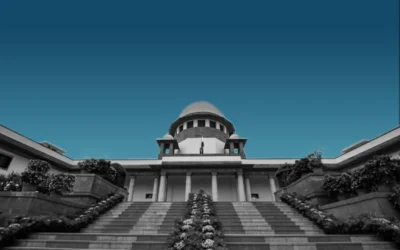BNS Section 115 – Voluntarily causing hurt
IPC Section – 323
Non-Cognizable
Punishable with Imprisonment for one year or with
fine which may extend to ten thousand rupees, or with
both.
Note: Fine increased
Voluntarily causing hurt
(1) Whoever does any act with the intention of thereby causing hurt to any person, or with the knowledge that he is likely thereby to cause hurt to any person, and does thereby cause hurt to any person, is said “voluntarily to cause hurt”.
(2) Whoever, except in the case provided for by sub- section (1) of section 120 voluntarily causes hurt, shall be punished with imprisonment of either description for a term which may extend to one year, or with fine which may extend to ten thousand rupees, or with both.
Example:
Vijay throws a stone at Rakesh with the intention to cause him hurt. Vijay is guilty under Section 115.
Key Points in BNS-115: Voluntarily Causing Hurt
Definition of “Voluntarily Causing Hurt”
- Act and Intent: A person is said to “voluntarily cause hurt” if they perform an act:
- With the intention of causing hurt to another person.
- With the knowledge that their actions are likely to cause hurt.
- Resulting Injury: The act must actually result in hurt to another person.
Punishment for Voluntarily Causing Hurt
- General Punishment:
A person who voluntarily causes hurt (except in special circumstances covered by Section 120) faces:- Imprisonment of either description (rigorous or simple) for a term that may extend to one year.
- A fine that may extend to ₹10,000.
- Both imprisonment and fine.
- Exception:
The section makes an exception for cases covered under Section 120(1), which likely deals with special provisions for specific acts of hurt.
Summary
- Voluntarily Causing Hurt: Involves causing hurt with intent or knowledge, resulting in actual injury.
- Penalties: Punishment includes up to one year of imprisonment, a fine of up to ₹10,000, or both, with exceptions under Section 120.
Details of the Offense
- Offense: Voluntarily causing hurt
- Punishment: Imprisonment for 1 year, or a fine of ₹10,000, or both
- Cognizable or Non-cognizable: Non-cognizable
- Bailable or Non-bailable: Bailable
- By what Court triable: Any Magistrate
This provision is part of the Bharatiya Nyaya Sanhita, ensuring accountability for intentional harm while allowing for specific exceptions based on the nature of the offense.

